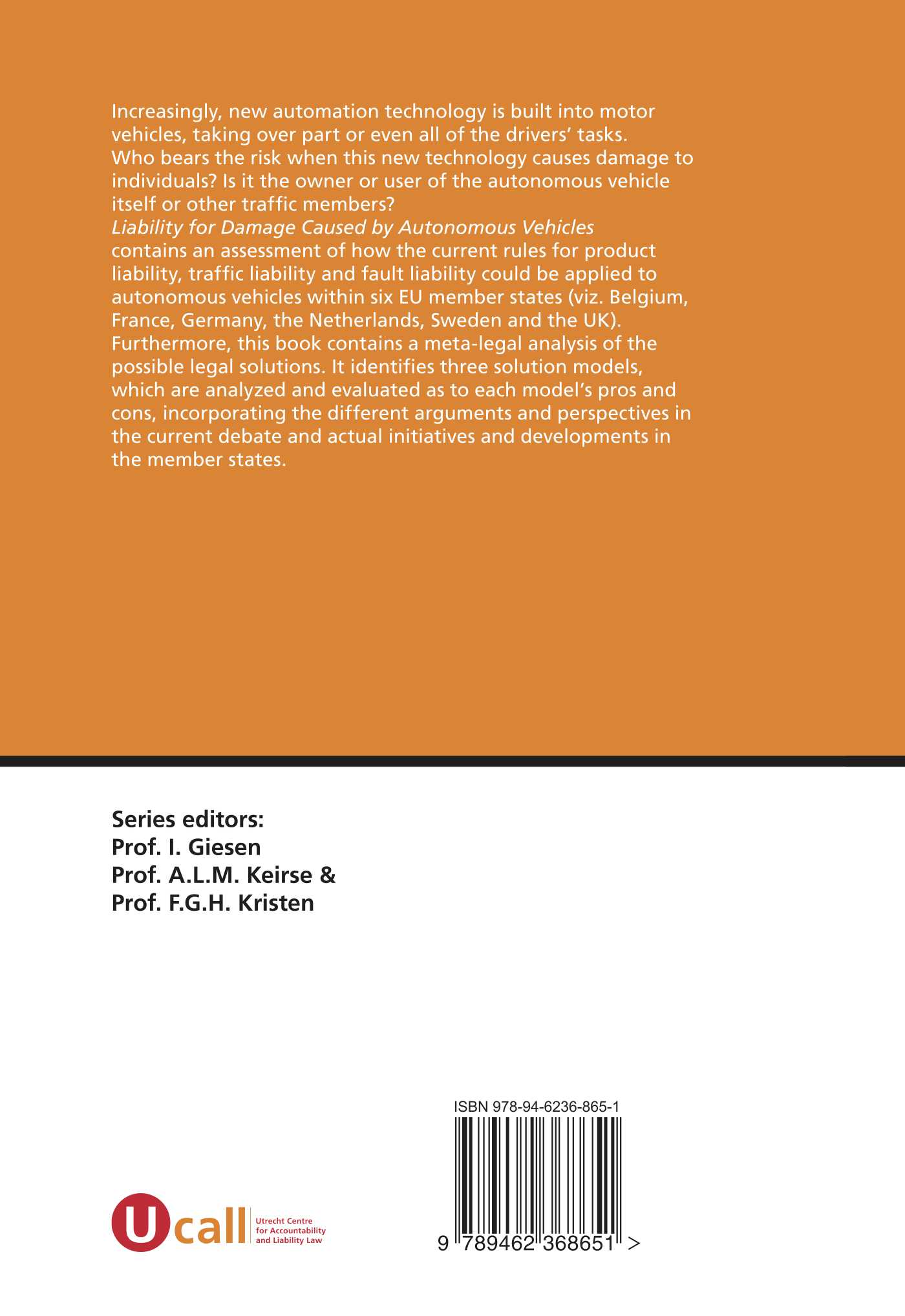
Streamlining Legal Operations: Automating for Efficiency and Precision
The legal industry is experiencing a transformative shift with the advent of legal process automation. This article delves into the profound impact of automation on legal processes, exploring the benefits and considerations that come with this technological evolution.
The Evolution of Legal Process Automation
Legal process automation involves the use of technology to streamline repetitive and time-consuming tasks within the legal domain. From document generation to contract review, automation aims to enhance efficiency, reduce errors, and allow legal professionals to focus on more complex and strategic aspects of their work.
Improving Efficiency and Productivity
One of the primary advantages of legal process automation is its ability to significantly improve efficiency and productivity. Mundane and repetitive tasks, such as data entry and document drafting, can be automated, freeing up valuable time for legal professionals to concentrate on higher-value tasks that require human expertise.
Precision and Error Reduction
Automation introduces a level of precision that is challenging to achieve with manual processes. By relying on algorithms and predefined rules, legal process automation minimizes the risk of human error. This is particularly crucial in the legal field, where accuracy and attention to detail are paramount for successful outcomes.
Document Generation and Management
Document creation and management are integral components of legal work. Legal process automation simplifies these tasks by automating the generation of standard legal documents, contracts, and forms. This not only accelerates the document creation process but also ensures consistency and compliance with predefined legal standards.
Enhanced Compliance and Risk Management
Compliance with regulations and risk management are top priorities in the legal realm. Legal process automation assists in ensuring that every step of a process adheres to regulatory requirements. By automating compliance checks and risk assessments, legal professionals can minimize the likelihood of oversights and mitigate potential legal issues.
Streamlining Contract Review and Management
Contracts are at the core of legal activities, and their review and management can be time-consuming. Legal process automation simplifies contract review by utilizing natural language processing and machine learning algorithms. This enables faster and more accurate identification of key contract terms, potential risks, and deviations from standard language.
Adapting to Changing Legal Environments
The legal landscape is dynamic, with laws and regulations frequently evolving. Legal process automation provides the flexibility to adapt quickly to these changes. Updates to automated processes can be implemented efficiently, ensuring that legal practices remain in compliance with the latest legal requirements.
Integration of Artificial Intelligence
Artificial intelligence (AI) plays a pivotal role in legal process automation. Machine learning algorithms can analyze vast amounts of legal data, predict case outcomes, and offer insights into legal strategies. The integration of AI enhances the analytical capabilities of legal professionals, enabling data-driven decision-making.
Collaboration Between Humans and Automation
Legal process automation is not about replacing human expertise but enhancing it. The most effective approach involves a collaborative effort between legal professionals and automated systems. Humans contribute their critical thinking, creativity, and nuanced understanding, while automation handles routine tasks, creating a synergistic partnership.
Exploring the Future of Legal Process Automation
To experience the transformative impact of legal process automation, visit Legal Process Automation. Explore how this innovative technology is reshaping the legal landscape, providing efficiency, precision, and a glimpse into the future of legal operations.
In conclusion, legal process automation is a game-changer for the legal industry, offering a pathway to increased efficiency, reduced errors, and enhanced decision-making. As technology continues to advance, the integration of automation into legal processes is set to become more widespread, revolutionizing the way legal professionals practice and deliver value to their clients.

